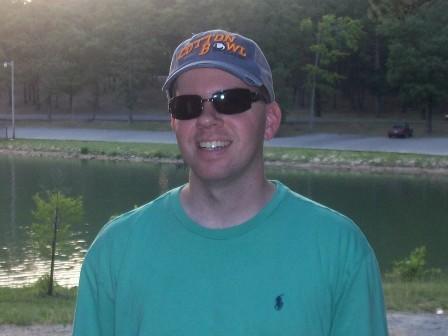Andy Sullivan: Against The Grain
The podcast has its origins in 1980. It was first known as audio-blogging. With the advent of broadband broadband internet and portable digital audio playback devices such as the iPod, it began to really catch fire late in 2004. Combining the words iPod and Broadcasting, everybody and their brother seems to have a podcast. Sportscasters, personalities and players have podcasts. A lot of wrestling personalities these days have podcasts.
I never gave a thought to listening to one until recently. One of my recent iPhone updates gave me a podcast icon. I thought, “It’s there. Why not check some out”? So, eleven years after it began getting popular, I “subscribed” (they’re free) to my very first podcast. Since I’m such a wrestling fan, it should come as no surprise that my initial foray was Talk Is Jericho, hosted by WWE/lead singer of the group Fozzy and author Chris Jericho. His guests span from wrestlers to actors to singers.
My first thought was, “they should let you listen to a sample before subscribing”. The fact of the matter is, you can delete the podcast as freely as you subscribed. I subscribed to Sullivan & Sons alum Owen Benjamin’s podcast and wasn’t as impressed as I thought I’d be. He’s funny in small doses, such as that half hour comedy mixed with other actors. A half hour of just him talking with no guests? Count me out. I am thinking of subscribing to Steve Austin’s podcast, as well as Jim Ross’.
If you have something to say, a field of expertise, etc. you can start a podcast with the correct equipment and proper direction. I’ve thought of starting one myself. There are some things one needs to consider beforehand.
1) Determine the nature of your podcast. Sports, music, movies are just a few things you can talk about. I’d probably mix and match, talk about all three.
2) Choose the products you’ll use to podcast. Most computers come with a standard mic. You’ll want a full headset and noise-cancelling mic to make sure listeners aren’t getting distracted by the air conditioner in the corner.
1. Will the podcast be portable or will you record at home? You need to decide what software you’re going to use. If you have a Mac, you can record using Garageband (it comes free with every Mac as part of the iLife suite). There are free software packages (like Audacity) and expensive software (Adobe Audition). There are also tiered versions of software, like Sony Acid (music studio is only $50 whereas Acid Pro is $200). Some mixers and microphones come with free software to use.
• Industrial Audio Software's aptly named iPodcast Producer is super podcast friendly. It takes care of the whole process from recording to uploading the finished product via a built-in FTP client. However, it's just about the opposite of free.[2]
• Audacity (is free!) has an easy learning curve and there are Windows, Mac, and Linux versions available. It has a number of useful features and plug-ins.[4]
• If this is more than you bargained for, Sound Recorder (on Windows) does everything you need it to do, but only saves files in .wav format; you will still have to convert your final recording into an .mp3 file. MusicMatch Jukebox can also do this for you.
• If you go with Adobe Audition, you can get a monthly subscription through the Adobe Cloud that offers the entire Adobe site (with lower costs for students). Additionally, Lynda.com has an excellent video tutorial (about 5 hours or so worth) on everything Adobe (and lots of other technologies, too) that you can access with a month to month subscription that you can terminate at anytime.
3) You want to put together a script. Whatever you choose, make sure you enjoy it. You don’t want to get bored halfway through. Save the audio file( mp3 format) to computer. Name the file so that the name and date of the podcast are clear. Go to feedburner, click “I am a podcaster” in the URL. Make a note at the end of the description you write on your blog as to what your podcast is about.
4) Most if not all podcasts are free, so I advise against charging, selling ads for listeners to skip through, etc. Also, you can’t post your podcast for purchase on iTunes.
If you haven’t listened to a podcast and think you might enjoy one, give it a shot. And like I said, you can always delete it afterwards.
- Log in to post comments



























